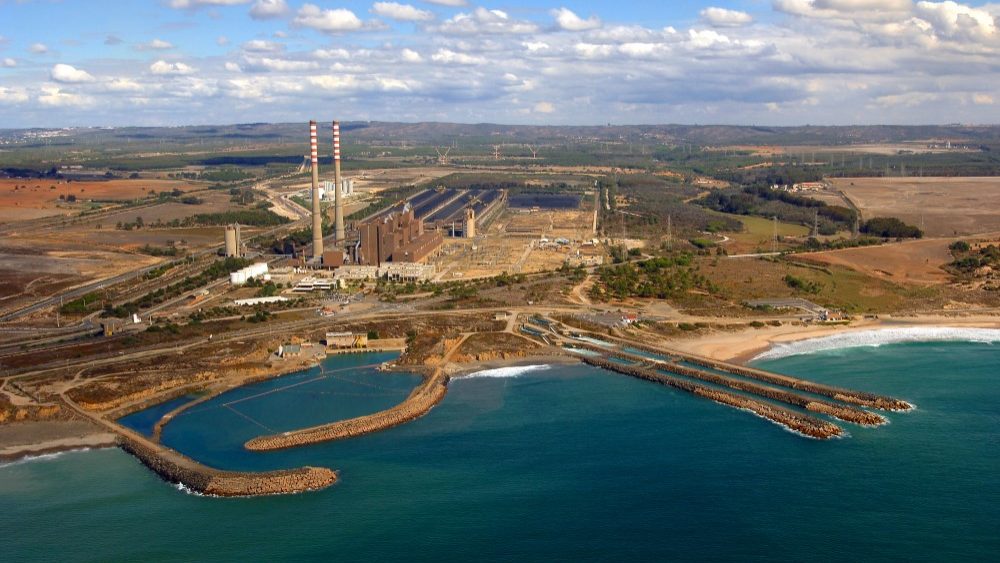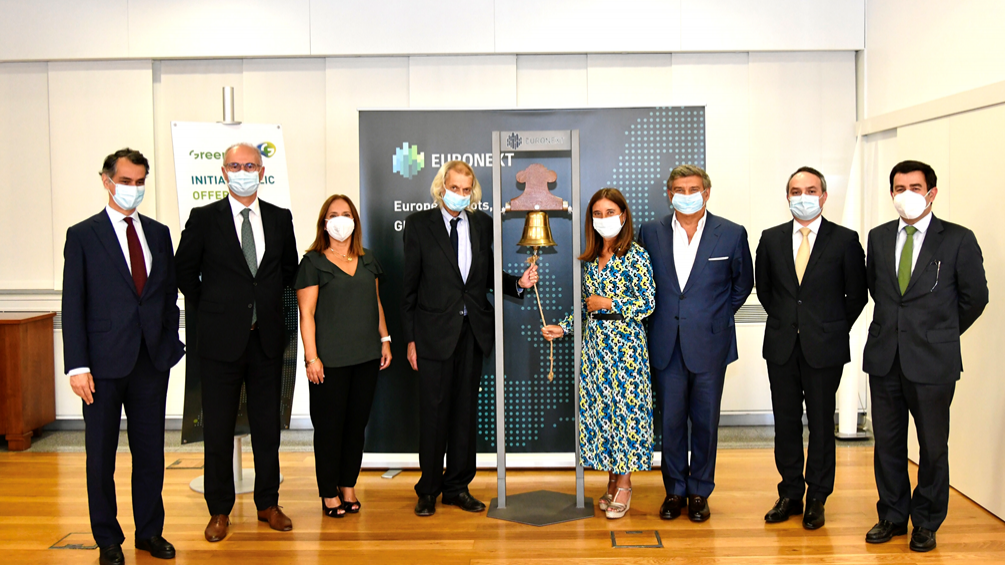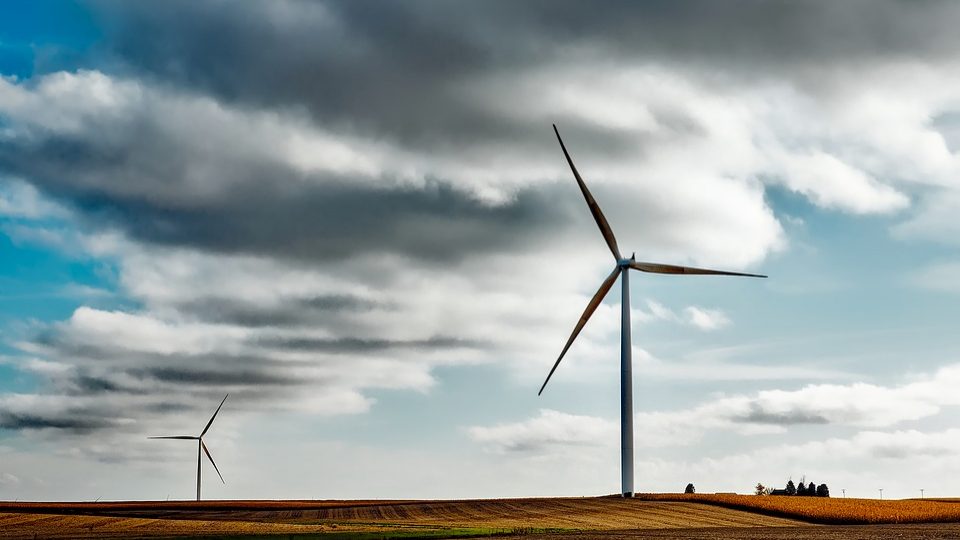Portugal: PM reaffirms ‘essential’ energy interconnections between Iberia, EU
EU leaders, meeting on Thursday and Friday at Versailles are expected to discuss the need to complete Europe's network of gas and electricity interconnections,
Portugal’s prime minister, António Costa, has reaffirmed the vital need to increase cross-border energy interconnections within the European Union, particularly between the Iberian Peninsula and the rest of Europe.
Speaking on Thursday on arrival at an informal European Council meeting in Versailles, France, whose agenda includes the need for Europe to free itself from energy dependence, especially on Russia, in the framework of the latter’s current invasion of Ukraine, Costa once again insisted on the need to guarantee interconnections between Iberia and the rest of Europe, which have been held up so far by France.
The prime minister pointed out that the energy issue will be debated in two perspectives, the short and the medium to long term, and that, in the short term, we have to “seek answers that stop this escalation [of prices], whether through joint purchases, whether through the authorisation for a temporary reduction of the VAT rate, or through the authorisation of direct support measures for companies that are more dependent on energy resources.”
As for “long- and medium-term measures that reinforce Europe’s strategic autonomy and energy security,” Costa said, it is essential to increase interconnections, underscoring that “Portugal and Spain can make an extraordinary contribution, both due to their capacity to produce renewable energy” and to their geographical proximity, which allows the Iberian Peninsula “to have interconnections with the African continent.”
Costa also recalled the possibility of taking advantage of “airport capacity, increasing it” and of strengthening storage capacity for liquefied natural gas (LNG), “which will surely be a transitional energy in the coming years.
“Portugal has an exceptional gateway [in the deepwater port of Sines], and so it is fundamental to increase interconnections and definitively overcome this barrier that has existed here in the Pyrenees to interconnection with the rest of Europe,” he said.
Asked about France’s reservations about the development of interconnections, he noted that “it is impossible to ignore reality” and pointed out that this very week the European Commission had issued a communication on energy in which it “expressly reaffirms the urgency of interconnecting Portugal and Spain with France to supply the rest of Europe,” which Costa said was “a major step forward.
Costa added that “it should not be forgotten that there is an agreement that France signed in 2014, still in the time of [Pedro] Passos Coelho [as prime minister of Portugal], and which it reaffirmed, moreover, at a summit on interconnections” in 2018, attended by Costa and France’s president, Emmanuel Macron, and Spain’s prime minister, Pedro Sánchez.
“It is time to put it into practice,” he said.
Asked about whether the degree of Portugal’s coordination with Spain on this issue, he replied that “at the moment it is full” – in contrast to some moments in the past.
“There was a time when Spain only insisted on the interconnection for the future use of green hydrogen, we insisted that the transport infrastructure, a pipeline, has the conditions to transport [either] green hydrogen [or] natural gas, so it is not doomed [to be] an investment for the long term,” he said.
EU leaders, meeting on Thursday and Friday at Versailles are expected to discuss the need to complete Europe’s network of gas and electricity interconnections, although France maintains reservations about the long-standing Iberian demand for more cross-border connections between itself and Spain.
Meeting at an informal summit inevitably overshadowed by the ongoing war in Ukraine, the heads of state and government of the 27 will adopt the so-called ‘Versailles Declaration’, which will, among other things, stress the need for the bloc to free itself from energy dependence, particularly imports of oil, gas and coal from Russia.
According to the draft of the declaration, which Lusa has seen, in the part dedicated to energy autonomy, the European Council should “agree to gradually eliminate dependence on imports of gas, oil and coal from Russia” through a series of actions, including “completing and improving the interconnection of European gas and electricity networks and fully synchronizing energy networks.”
The focus on energy interconnections between Portugal and Spain and the rest of Europe is an old demand from Lisbon and Madrid, but has always fallen at the hurdle of a lack of enthusiasm on the part of France.
On Wednesday, questioned about the idea, a source at the Elysée Palace in Paris said that “a debate continues about a better interconnection of the networks of the Iberian Peninsula with Europe” but argued that the “reality is more complex” than it may seem, pointing out, “by way of example, that the MidCat pipeline project [gas interconnection between Spain and France] was the subject of a socioeconomic study shared between France and Spain, which concluded that the socioeconomic balance of this project was negative.”
Pointing out that French officials remain in contact with Portugal and Spain on these issues and that “there is a commitment to strengthen the interconnections,” the same source insisted that several factors need to be considered.
“When we talk about interconnections, there is one point on which we have to have a certain vigilance,” the source said. “The interconnections would essentially aim to supply natural gas from the African continent, but with the ultimate goal of producing hydrogen. However, we must be careful not to create new dependencies, hence the need for complete diversification, also for the production of hydrogen, which is why we also insist very much on the need for hydrogen of nuclear origin, in which we are investing.”
EU heads of state and government began a two-day summit in Versailles on Thursday that was originally devoted to the economy but will now focus on defence and energy because of the Russian offensive in Ukraine.


